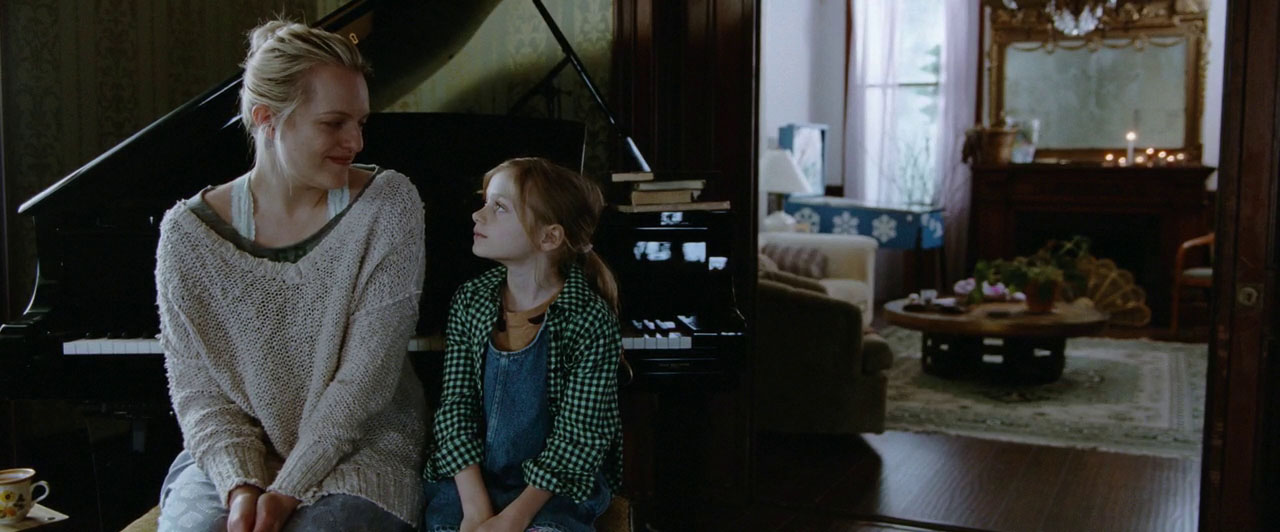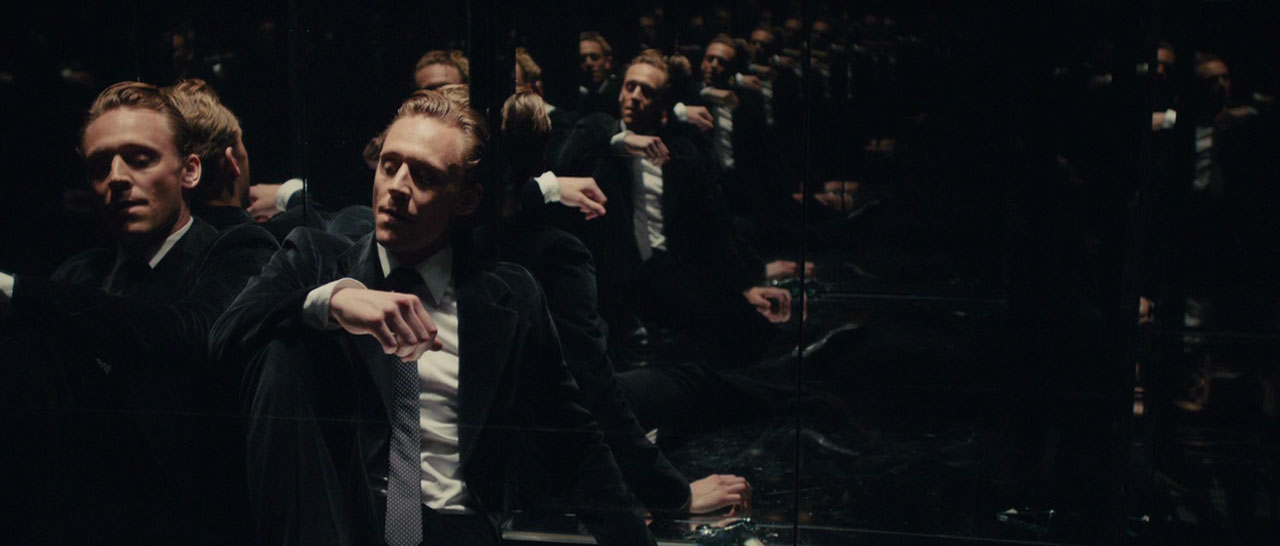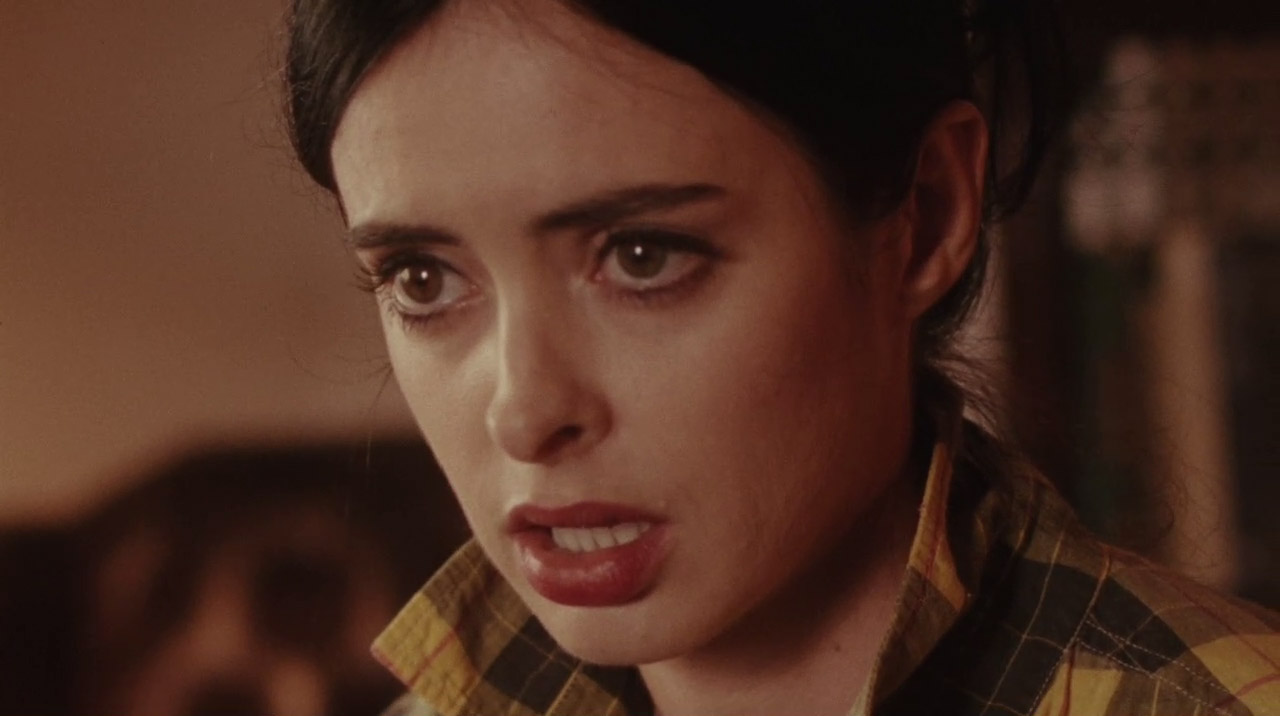Back in theaters for this one. I love going into Wes movies with absurdly high expectations, because he always meets them. I’ll read the hater critics some other time – maybe they were looking for something more than an endless parade of favorite actors and impeccable production design, but I wasn’t. Much of the movie is in 4:3 black and white, and either my screening was over-matted or the titles appear at the extreme top and bottom of frame.
Bookending segments in the newspaper office, with editor Bill Murray alive in the first piece and dead in the second. Bicycle tour through the town of Ennui by Owen Wilson. Story 1 is relayed by Tilda Swinton, involving art dealer Adrien Brody patronizing imprisoned painter Benicio del Toro whose guard/model is Léa Seydoux (they get some actual French people in here sometime). I was least involved in the middle piece, about faux-May’68 student revolutionary Timothée Chalamet’s affair with reporter Frances McDormand. Then Jeffrey Wright is reporting on celebrated police chef Steve “Mike Yanagita” Park, who helps foil a plot by Edward Norton to kidnap chief Mathieu Amalric’s son.
Michael Sicinski (Patreon) also liked the Benicio story best:
By contrast, Anderson’s snotty riff on May ’68, “Revisions to a Manifesto,” succumbs to the director’s worst comedic instincts, essentially declaring that political desire is nothing more than sublimated horniness … The final segment, “The Private Dining Room of the Police Commissioner,” sort of splits the difference, although it is elevated considerably by a fine performance from Jeffrey Wright, channeling James Baldwin as a melancholy ex-pat uncomfortable with his journalistic distance. The story itself is mostly just a riff on The Grand Budapest Hotel‘s portrait of courtly civility as a bulwark against anarchy. But it’s Wright’s representation of honest inquiry, and humanistic curiosity, that makes it far less silly than it should be.
Watched again a month later, with Katy this time.




















